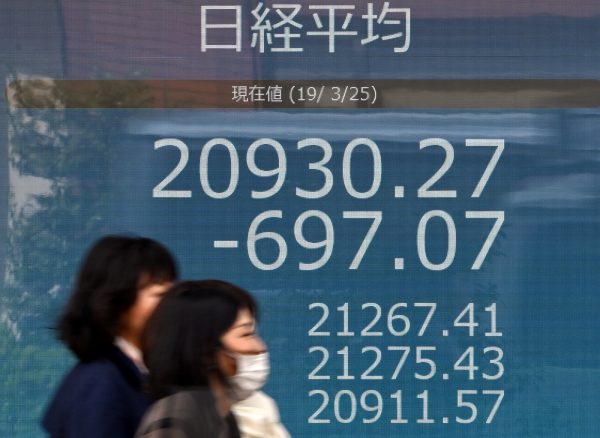Discussion on how things have gone so far off-track has focused on a number of factors, including the frequent violation of trade rules, and the unilateral approach to trade actions taken by the current US administration. While these factors are undoubtedly playing a prominent role, there is another issue — one that does not appear in the text of any trade agreement or on the negotiating agenda of any set of trade talks — arguably of equal if not greater importance.
The issue is trust.
For most of the post-war era, there has been a strong sense of trust among trade partners that they shared a deep philosophical commitment to free trade and a rules-based trade system. The nations that came together in Bretton Woods in 1948 to lay the foundation for an open trade system believed that their individual national interests would be best served by a cooperative trade system. This would be held together not just by rules but also by a commitment to the ‘spirit’ and intent that underpinned the rules.
The expectation was that countries would not merely fulfil their specifically enumerated obligations but would also endeavour to go above and beyond, reflecting a belief in the collective benefits of free trade.
These pioneering nations felt they were bound together in a collegial and mutually-beneficial endeavour. That sense of commonality and trust probably shone brightest in the earlier years, when painful memories of the disastrous results of 1930s protectionism were still fresh and the countries involved were more homogeneous. This sentiment proved remarkably resilient and endured over subsequent decades as dozens of additional countries opted to join the GATT (General Agreement on Tariffs and Trade) and its successor, the WTO.
All of this might seem a bit sentimental or perhaps even naïve. But it is a big part of the invisible glue that has held the trade system together for seven decades. But today, trust and long-term commitment to the collective benefit of a rules-based system are breaking down. Countries are taking more of a short-term transactional approach to their trade relationships, rules are seemingly malleable, and the underlying ‘spirit’ of free trade is rapidly dissipating. The resulting erosion of trust is one of the reasons that the trade system appears to be in danger of fracturing.
The trust that previously existed meant that trade rules could be considerably looser and less comprehensive. Coverage of ‘behind the border’ regulatory regimes in trade agreements was unnecessary when there was trust that trade-related regulations would develop and be implemented in a spirit of non-discrimination and openness. Dispute settlement mechanisms did not need to be stringent when parties trusted their counterpart’s commitment to follow the rules. Trade concepts — such as special and differential treatment or exemptions from the rules for national security considerations — could be left vague due to the trust that such provisions would not be abused.
One need not be a cynic to recognise that those levels of trust simply no longer exist today. And rebuilding the trust that traditionally existed in the trade system might — unfortunately — be impossible. If that is the case, trade relationships and agreements will have to be formulated accordingly in order to shore-up the widening fissures.
Although trust is impossible to legislate or quantify, the dissolution of trust currently underway is self-evident and profound. Nothing will sabotage support for open trade faster than a sense that, as trust fades, trade rules can be evaded and gaps in trade rules can be used as a pretext for discrimination or restrictions.
Stephen Olson is a Research Fellow at the Hinrich Foundation, Hong Kong. He is also an Adjunct Associate Professor at the Hong Kong University of Science and Technology (HKUST).


While it is not wrong to say it is the erosion of trust, the reality and real situation is actually much more than a matter of trust. High level of trust is always a good thing, but at least and possibly as the lowest common denominator, it is a matter of follow the rules and laws. When that is broken, that is, people and countries are not follow the rules and laws, basic orders are lost!
There is no point to describe the current situation as an erosion of trust, we should say as it is!